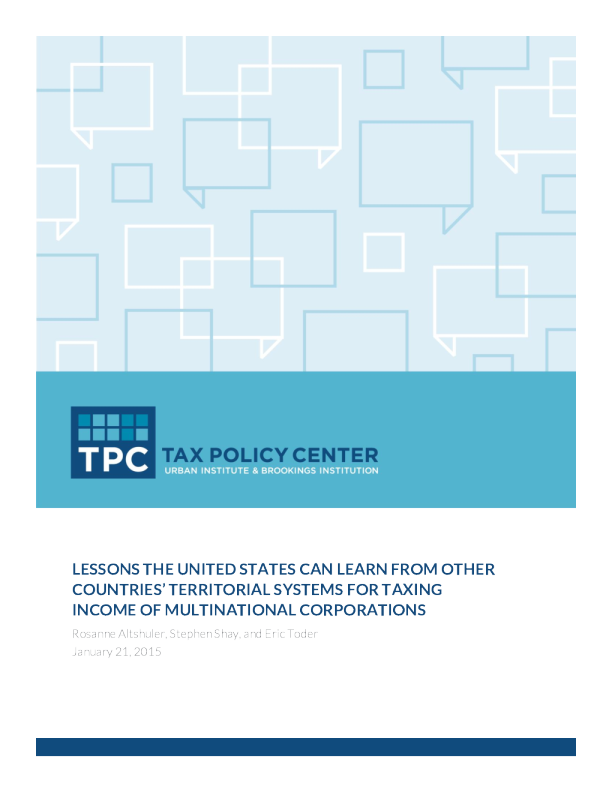The Changing Impact of Social Security on Retirement Income in the United States

Social Security Bulletin • Vol. 65 • No. 3 • 2003/20041The Changing Impact of Social Securityon Retirement Income in the United Statesby Barbara A. Butrica, Howard M. Iams, and Karen E. SmithSummaryThe economic well-being of futureretirees in the baby-boom cohort—thoseborn between 1946 and 1964—is ofparticular concern to policymakers.Social insurance in the form of SocialSecurity benefits plays a major role ofincome support for the elderly in theUnited States. To a much lesser degree,a supplementary welfare program in theform of Supplementary Security Incomealso plays a role. This analysis assessesthe relative contribution of those pro-grams to the expected income of currentretirees (those born in 1926 to 1935),near-term retirees (those born in 1936 to1945), early baby-boomer retirees (thoseborn in 1946 to 1955), and late baby-boomer retirees (those born in 1956 to1965). Their contribution is contrastedwith other pillars of income, includingincome from nonhousing assets, imputedrent, earnings, nonspouse co-residentfamily members, defined benefit pen-sions, and other retirement investmentaccounts.This analysis uses projections of themajor sources of income at age 67 fromthe Social Security Administration’sModel of Income in the Near Term(MINT) model. MINT starts with datafrom the U.S. Census Bureau’s Surveyof Income and Program Participation(SIPP) for 1990 to 1993 matched to theSocial Security Administration’s earningsand benefit records through 1999.MINT directly measures the experiencesof survey respondents as of the early1990s—representing the first third to thefirst half of the lives of the baby-boomcohort—and statistically projects theirincome and characteristics into thefuture, adjusting for expected demo-graphic and socioeconomic changes.The results suggest that baby boomerscan expect higher incomes and lowerpoverty rates at retirement than currentretirees have. Similar to current retirees,Social Security will account for abouttwo-fifths of the projected family incomeat age 67 and will be received by almostall baby-boomer retirees. SupplementalSecurity Income will be received by 5percent of current retirees and only 2percent of baby-boomer retirees. Theprojections also suggest that babyboomers are less likely than currentretirees to have enough postretirementincome to maintain their preretirementliving standards. The financial planningliterature often recommends havingenough postretirement income to replace70 percent to 80 percent of preretirementincome; however, over two-fifths ofbaby-boomer retirees will replace lessThis article assesses therole of Social Security andSupplemental Security Income(SSI) in the economic well-being of baby-boomer retireesand their predecessors. Theresults suggest that, similar tocurrent retirees, SocialSecurity will account forabout two-fifths of projectedincome for baby-boomerretirees. On average, SSI willcontribute almost nothing tototal income and will bereceived by fewer baby-boomer retirees than bycurrent retirees. Althoughbaby boomers can expecthigher incomes and lowerpoverty rates at retirementthan current retirees have,they can also expect lowerreplacement rates. The declinein replacement rates is driven,in part, by a decline in SocialSecurity replacement rates.Barbara Butrica and KarenSmith are with the UrbanInstitute, and Howard Iams iswith the Division of PolicyEvaluation, Office of Researchand Statistics, Office of Policy,Social Security Administration. Social Security Bulletin • Vol. 65 • No. 3 • 2003/20042than three-quarters of their preretirement earnings andalmost a fifth will replace less than half of theirpreretirement earnings. The decline in replacement ratesfor baby-boomer retirees relative to those for currentretirees is driven, in part, by a projected decline in SocialSecurity replacement rates.IntroductionAs members of the baby-boom cohort—individuals bornin 1946 to 1964—approach retirement age, their eco-nomic well-being at retirement is of particular concern topolicymakers. Baby boomers grew up in a very differentera than did current retirees—one accompanied byconsiderable changes in marriage patterns, earnings andwork patterns, retirement policy, and the economy.Although these changes will undoubtedly affect baby-boomer retirees, it is difficult to know exactly how theywill influence their economic well-being.Historically, social insurance in the form of SocialSecurity benefits has played a major role of incomesupport for the elderly in the United States. However,because Social Security benefits are programmaticallylinked to marital and earnings histories, they may beespecially affected by the social, demographic, and labormarket changes that have transformed retirementexpectations for the baby-boom cohort. Although it playsa much smaller role of income support, a supplementarywelfare program in the form of Supplemental SecurityIncome (SSI) benefits also provides a safety net forelderly individuals who have low inco




